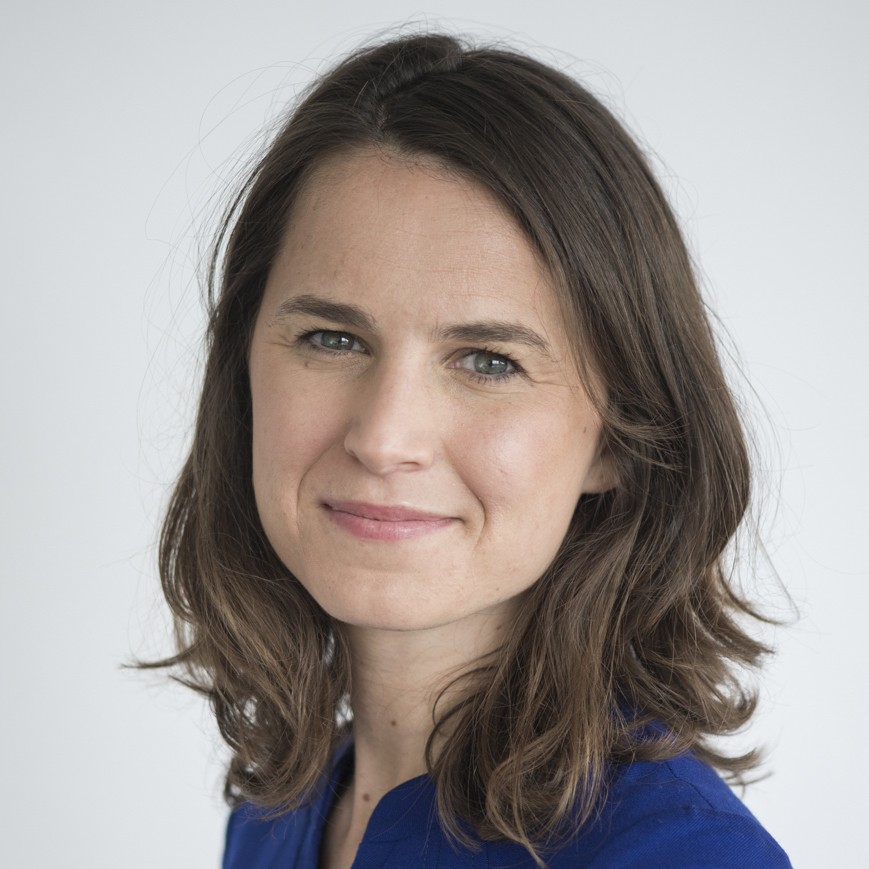Sacha Nauta: Defining a new stage of life
Defining a new stage of life
Sacha Nauta, The Economist’s finance editor, is delivering the opening keynote address at the AAL Forum 2017, which will provide a fascinating insight into the economics of ageing, and the opportunities that exist if we begin to shift expectations of life as an older person.
The following is an extract from a special interview we conducted with Sacha, in which she outlines some of the topics she will be covering in her gripping talk in Coimbra.
“Defining a new stage of life,” says Sacha Nauta “might sound arbitrary but it can genuinely help create a shift in expectations of life as an older person.
“If you look up ‘old’ in the dictionary, you will find very passive definitions that imply dependency,” she continues. “What we are increasingly seeing, though, is that doesn’t fit the bill of life after 60-65. Particularly in this in-between stage we describe, people are often healthy and want to continue to be economically active. They also have more time for this, as it is not just life expectancy that is lengthening, but for many healthy life expectancy is, too.”
For Nauta, however, one of the main challenges we face in redefining old age is that the life stage in itself is just not aspirational to many –There needs to be a shift in expectations and in the social construct of older age.
“If people are told that they are now in the age category where they are a burden to society because they have crossed the line of retirement age, they start to act it,” she says. “This is partly the signal institutions give, by saying that this is the age where you get a bus pass or your pension. We really need to move away from that and move to a much more gradual approach to ageing. It is not a cliff edge at 65.
“People in their 60s or 70s often want to continue to work in some shape or form, although on their terms. Many will either work part-time or become entrepreneurs or work in the gig economy – and here society can benefit from this vast experience, which so often going untapped.”
“As well as older people remaining active consumers for longer, there are also huge opportunities for society to make use of the experience many older people have in all aspects of life – and here again, it will be a shift in how society sees older people, as well as what older people think of themselves, that will have the impact.
- In the next installment, Sacha highlights the need for a change in how retirement is approached and our expectations of life after 65.
- Follow us @AALProgramme on Twitter to follow this debate

